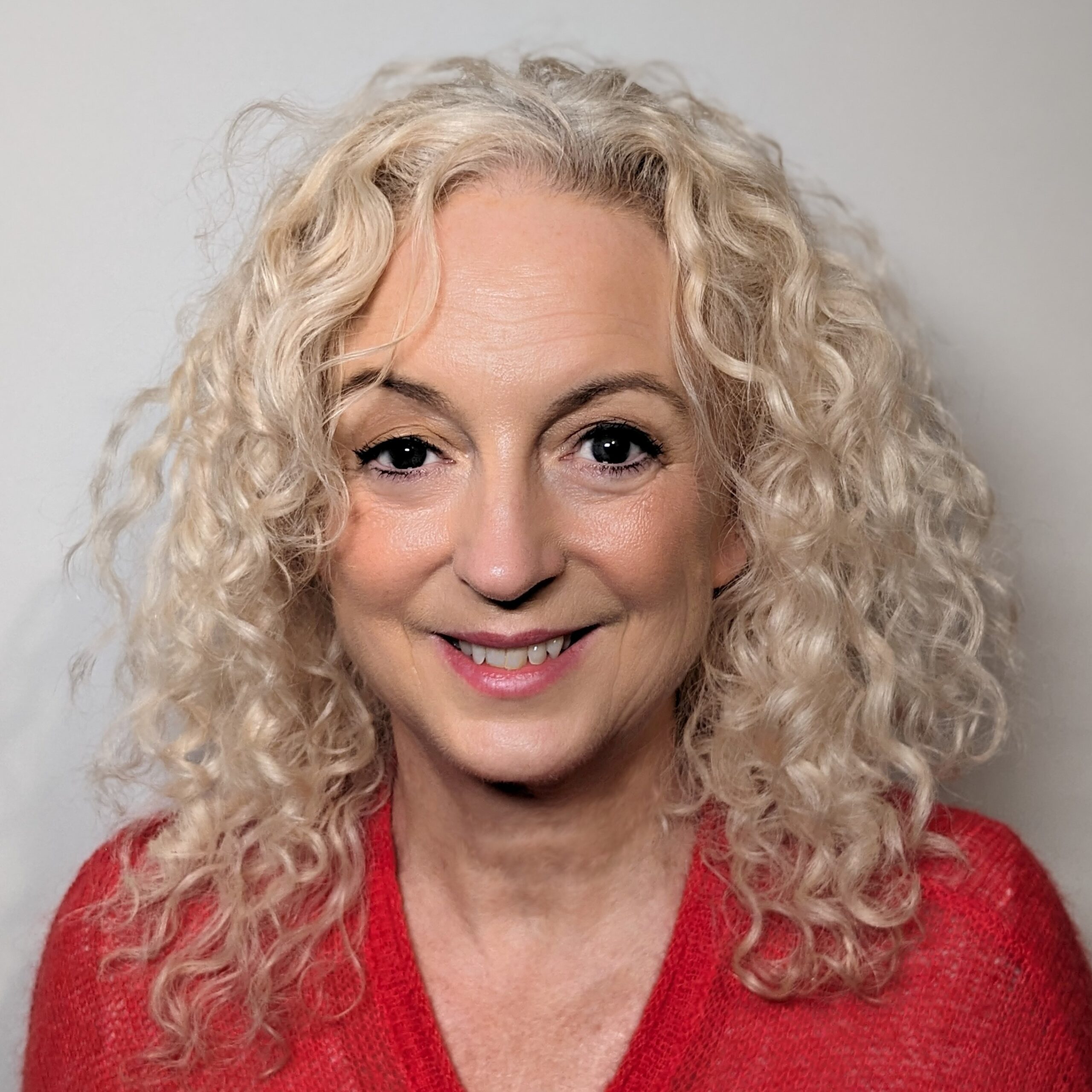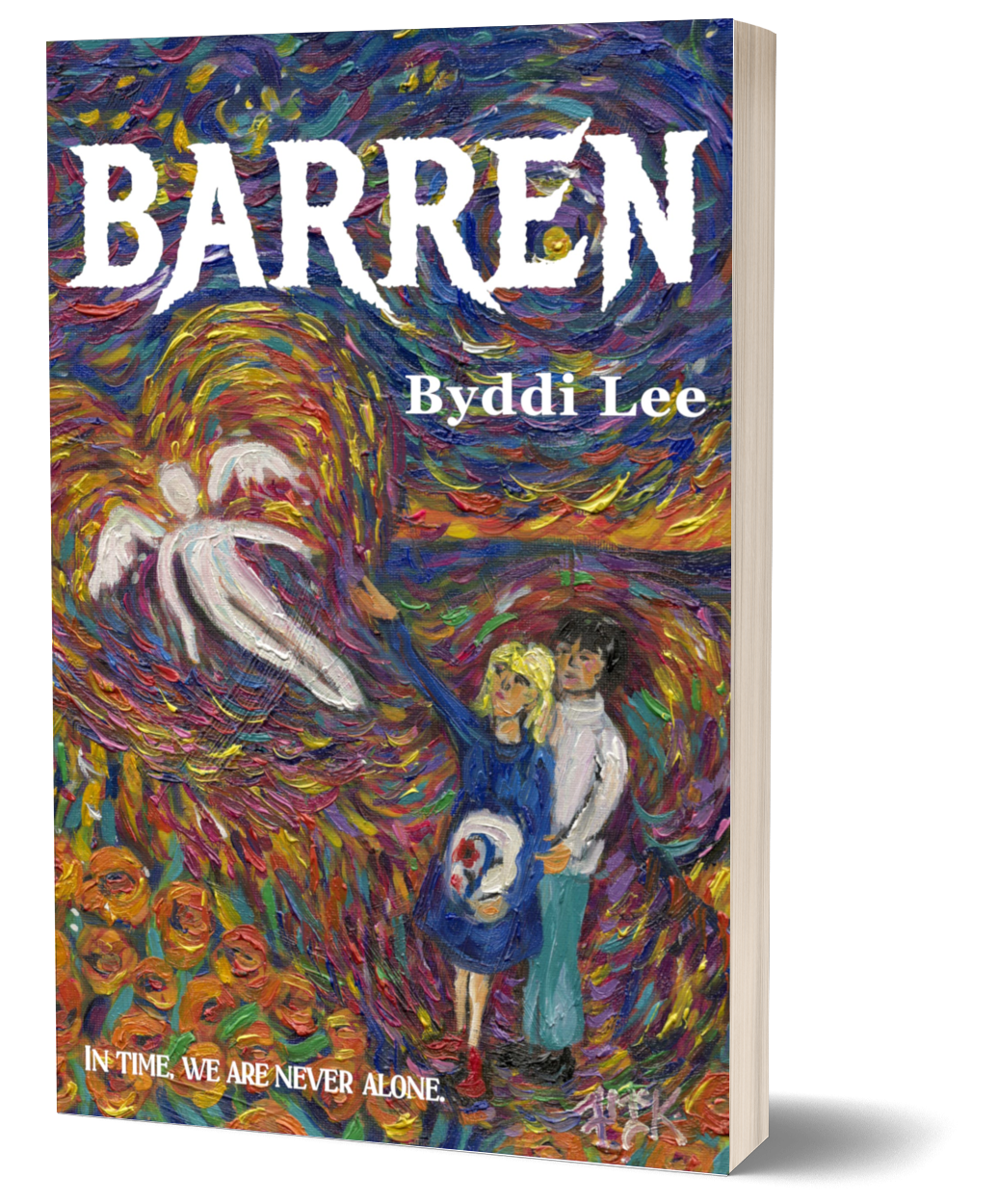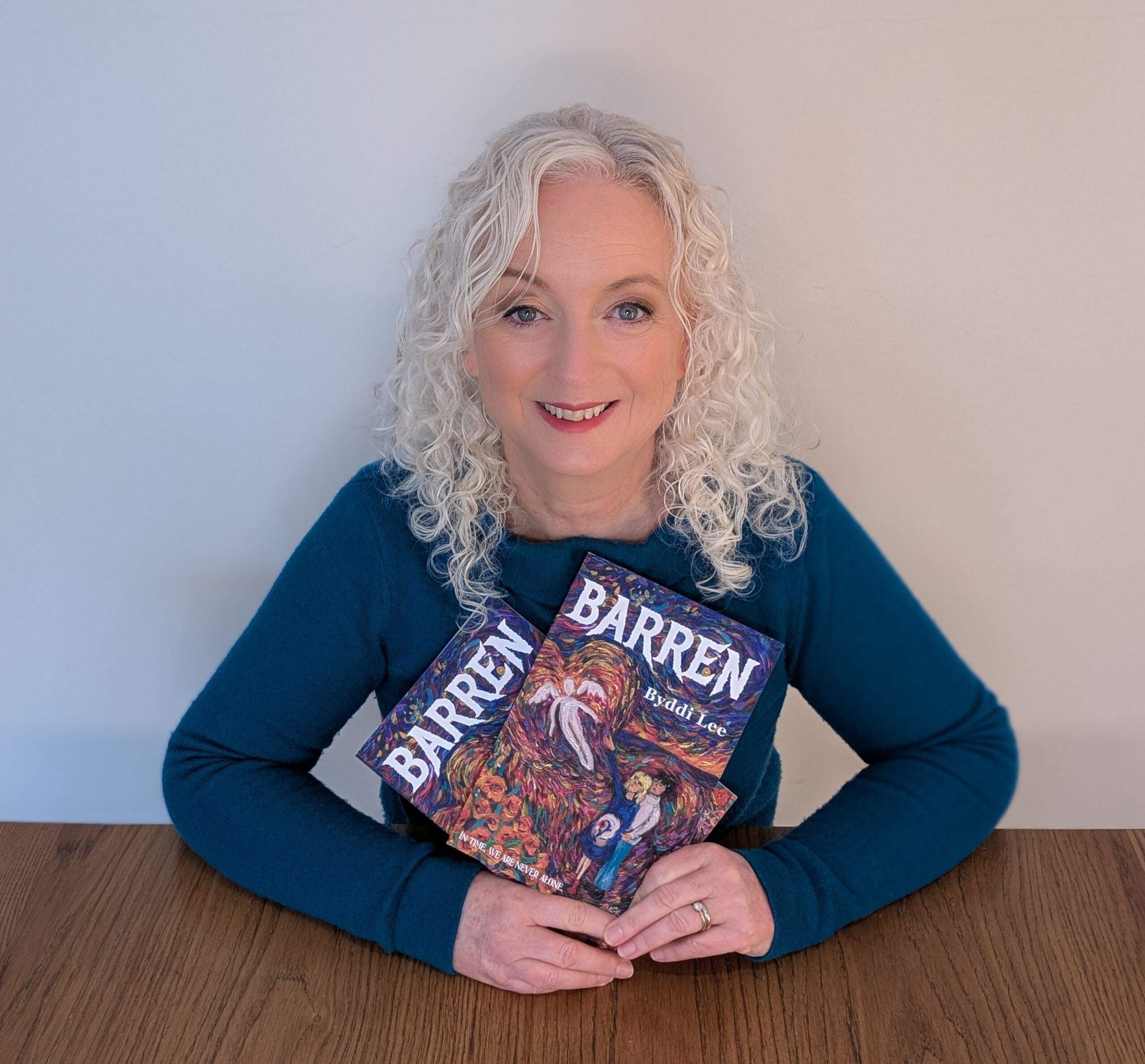
This week on Talk Learn Connect, Journalist Yvonne Reddin asks Author, Byddi lee, to share some TLC
Can you give a brief summary of your career to date before you became a full-time author?
I graduated from Queen’s University Belfast with a BSc Hons in Environmental Biology and worked as a Research Associate in Dendrochronology (Tree-ring analysis) in the Paleoecology Centre in QUB. While I was there, I did a Master's in Computer Science part-time but ended up working in retail (it was before the .com years kicked in). I returned to Queens, where I earned a postgraduate certificate in education and taught biology at A level. I took a sabbatical from teaching mid-career and travelled, spending time working on a dolphin and whale research project in South Africa for three months.
I’d been back teaching for several years when my husband was offered a job in California and I gave up my teaching post in Belfast to go with him. While in California, I worked in Conservation, restoring native habitat and collecting data on a project to protect the endangered Bay Checkerspot Butterfly.
When did you decide to become a full-time author? How many books have you published to date?
I began writing during my sabbatical from teaching and when I moved to California, I decided to become a full-time author in 2008. I’ve published eight books – five novels, two anthologies of a collection of writers’ works called ‘The Bramley – An Anthology of Flash Fiction Armagh’, and one play, co-written with two others called ‘Impact – Armagh’s train disaster’
Your newest release has interesting themes, including infertility, miscarriage, climate change, and Irish historical references. Can you share the story of why you combined these themes for your new book, ‘Barren’?
I started writing about infertility after I had a miscarriage and failed IVF treatments and realised I would never be a mother. But the story seemed too centred on me, and while I wanted to share with the world what infertility is like, the nature of infertility is that nothing happens. That wasn’t working for a book and so I drifted into other stories and wrote other books.
One day I noticed that Armagh County Museum was hosting a talk by a man I used to work for in Dendrochronology – the wonderful Professor Mike Baillie. I hadn’t seen him in twenty-five years, but as soon as I walked in, he recognised me! During his talk, he spoke about the possibility of debris from near-Earth comets hitting our planet and triggering volcanic eruptions in Iceland. The resulting climate downturns could be picked up in the pattern of the oak tree ring chronology in Queen's University Belfast and dated to the exact year it happened. He talked about a tree that had been preserved in a peat bog, with a gash in its bark inflicted that very year (2354 BC), and how it could have been caused by floating debris from a high-energy water flow such as a tsunami. He cited evidence of a tsunami coming over the north coast and flooding Lough Neagh... and I thought, “Wow, imagine being there in 2354 BC and seeing that!
And that’s where the Neolithic timeline from Barren came from. I decided to parallel each timeline with two women who had infertility and who were living through extreme weather events. The Neolithic and modern timelines mirror each other and even though in the modern timeline Aisling has the use of great scientific breakthroughs in IVF that are not available to Zosime in 2354 BC, the science fails, leaving her in the same position as her Neolithic counterpart. Similarly, both timelines experience extreme weather events yet it was technology and science that led to climate change in the modern timeline and which also could be utilized to save humanity if only humanity would embrace that challenge. Writing through a Neolithic lens allowed me to explore these timeless human experiences from a safe creative distance.
Each timeline supports the other, mirroring yet giving the reader a breather from the different forms of intensity of each story. Like a house of cards, they hold each other up.
As someone who has never spoken with her own child, I gifted the woman in the modern timeline with the ability to communicate with her miscarried baby, Poppy, and made Poppy the narrator of that timeline as a spirit who would ultimately guide the two women to connect.



What is your biggest worry with climate change and in your opinion, can we really make any difference by implementing changes now? It seems there is so much talk about it, but really, has anything concrete being done?
I am concerned about global food security. Last year, huge storms damaged vast areas of banana plantations. Locally, our potato crops were impacted by unusual rainfall patterns. Fires burn crops, droughts prevent them from growing at all, floods drown them and hamper harvesting and hurricanes blow plants over and damage trees that give us coffee, fruit, nuts. Even chocolate is at risk because the cocoa plantations have been affected by climate change.
Overall, my biggest worry is that we do nothing and have our planet and our lives torn apart by violently unstable weather patterns. Every time a storm damages a community, money must be found to repair the damage. We cannot sustain that and sadly, I don’t think anything concrete has yet been done that will turn things around. That lies with governments and industry and ultimately with us. We vote for governments. We buy goods and drive commerce. So in that way, it is down to each individual
I think we can make a difference if we all pull together. This climate change was caused by a massive accumulation of relatively small actions that everyone had a hand in, so if we reverse that, we could pull it back, but governments and industry as well as individuals, must make changes and place value not on profits, but on outcomes. My play ‘Toxic Relationships’ leaves the audience with a ‘toolbox’ of ideas of ways they can change how they live to lower their carbon footprint.
Can you share any words of wisdom you received over the years that you still look to or people that had an impact on your life and chosen career?
Three things:
First, understand why you’re writing and once you figure out your “why,” keep coming back to that.
Second, don’t take any of it personally, but do put your personality into it.
And finally, don’t give up. Those last three little words are perhaps the most important - Don’t give up!
Website: www.byddilee.com
Facebook: Byddi Lee
Pre-order here - www.buythebook.ie